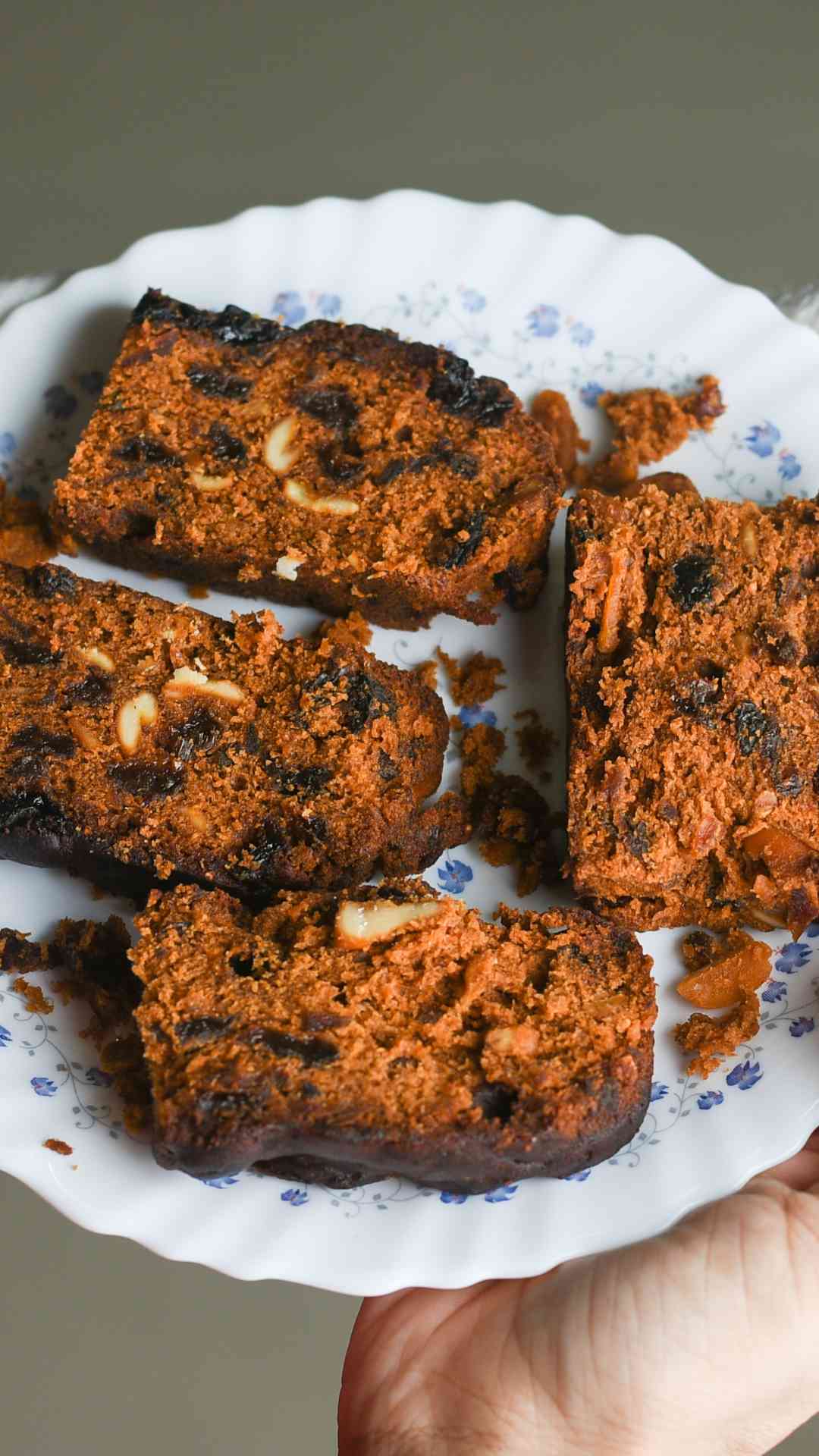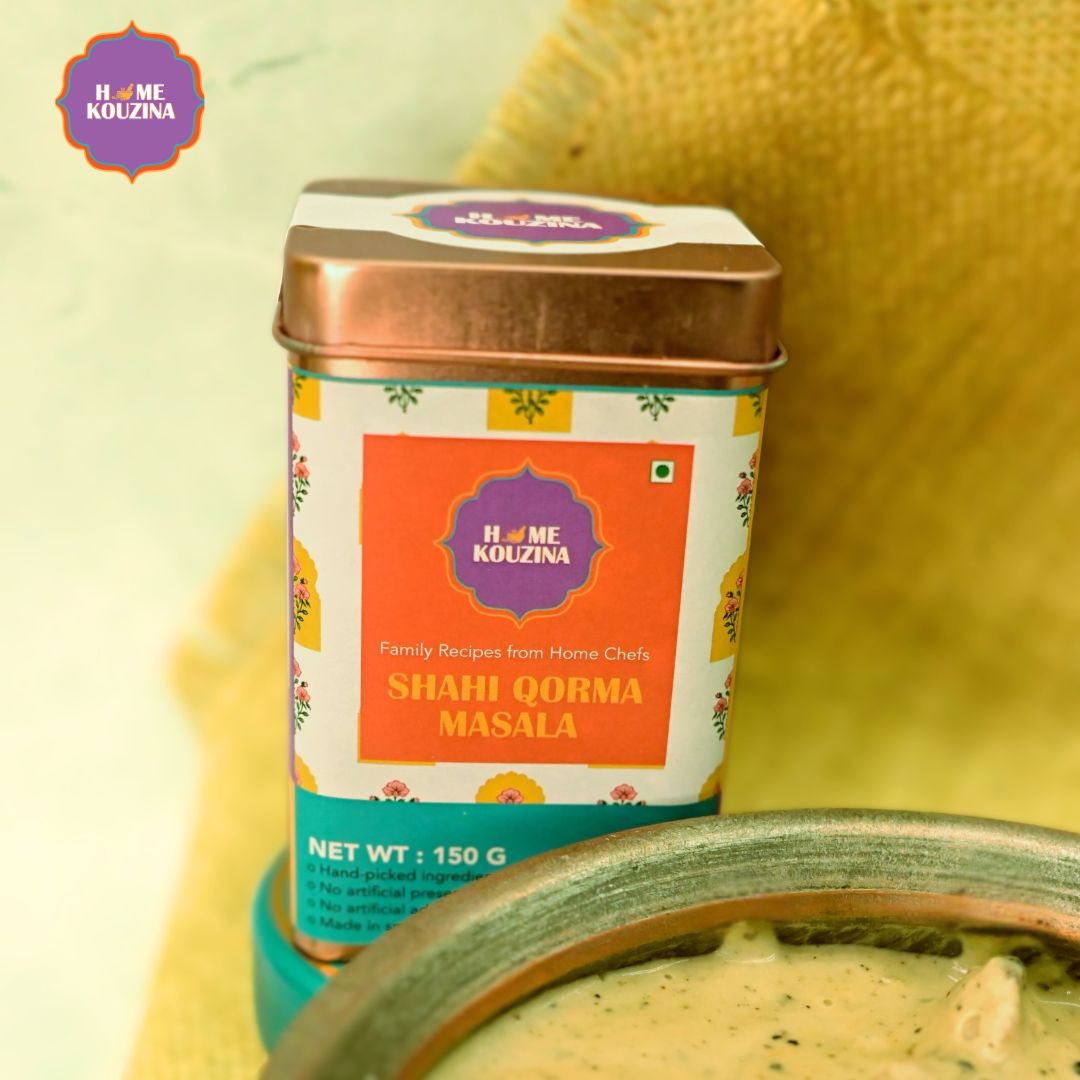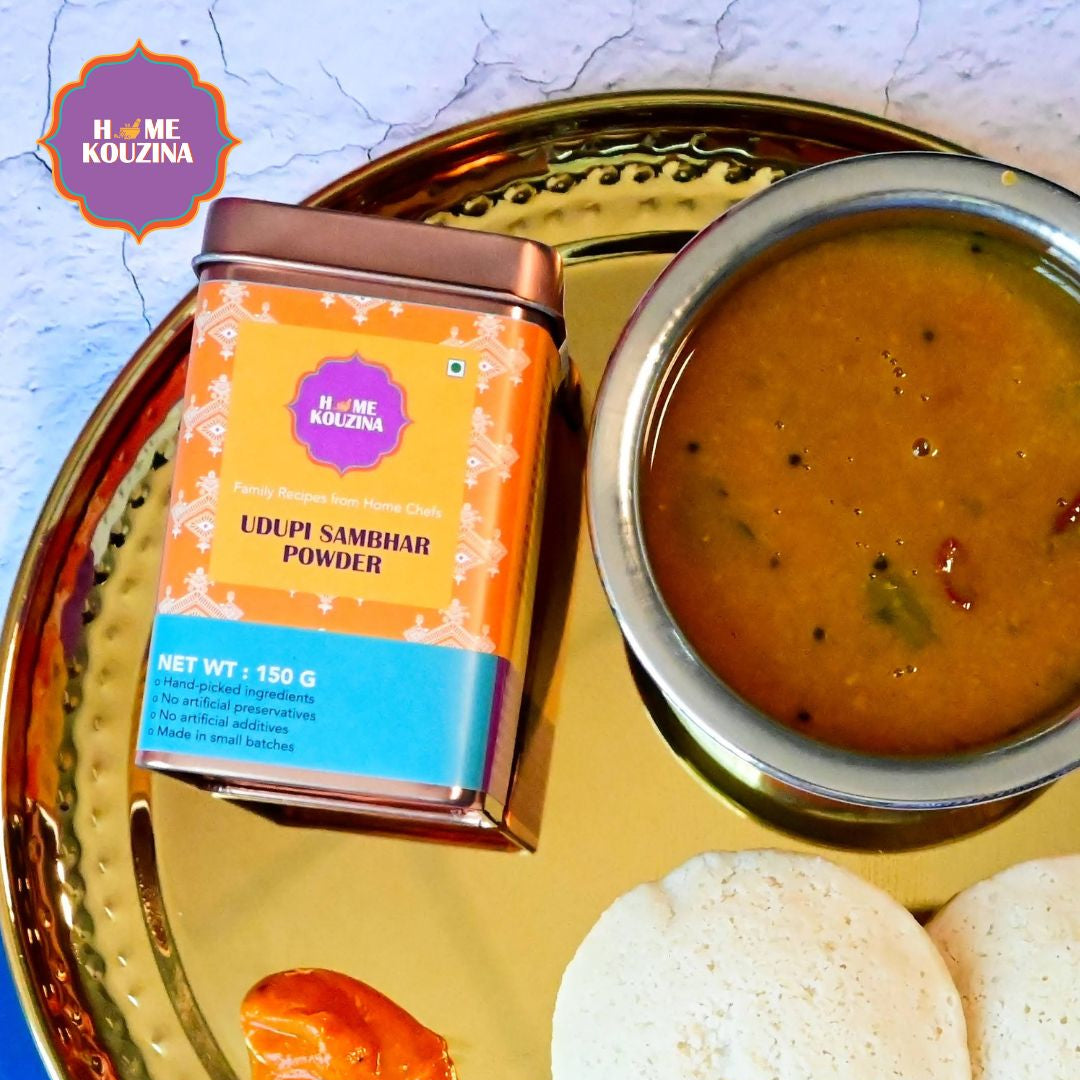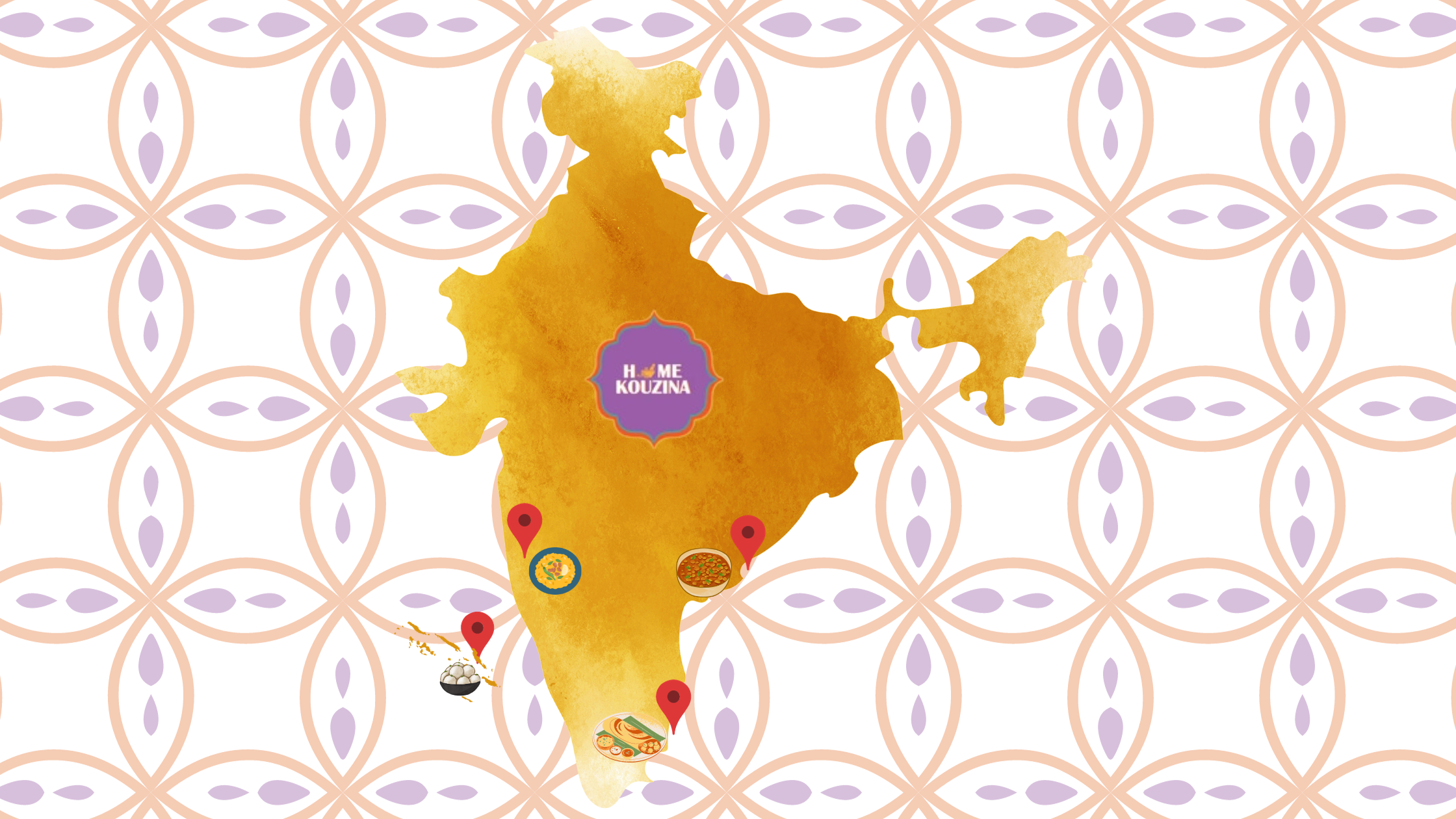Article: Traditional Christmas Cakes: Family recipes and timeless traditions

Traditional Christmas Cakes: Family recipes and timeless traditions
Noel season brings with it memories of carollers visiting homes at the crack of dawn, homes decked with lights and beautifully adorned Christmas trees, and tantalising aromas wafting, hinting at the goodies which will come our way on Christmas.
What really makes a Christmas season special is the Christmas cake, with a melange of flavours: the dried fruits are soaked in rum, for a few months. Fruity, tart, sweet, and crunchy, the mix of textures and flavours is decadent and divine, all at once.
A slice of history
The Christmas cake in its Indian avatar traces its origins to the British planters in the 18th and 19th century. Several legends have prevailed about how it came to be and how the British planters wanted to replicate the taste of Christmas cakes back home. They made the local bakers taste one and gave instructions to bake a cake tasting just like it. This is how the first Christmas cake debuted in a Kerala town.
Over the centuries, families have honed their Christmas recipes through the written word and watching their grandmothers bake these goodies. Each family has a unique recipe catering to its tastes and oftentimes aren’t willing to part with these family recipes.
Christmas memories
Cut to the present, Christmas cakes are an integral part of celebrations, not just in Christian households but also with people of other faiths. Christmas cakes are more than just an emotion, and evoke a whiff of nostalgia in most of us.
Picture the warmth of gathering around the kitchen as generations share stories while eagerly awaiting the unveiling of a meticulously crafted Christmas cake. Recall the joyous anticipation of biting into a slice of cake that carries the essence of tradition, memories of the ones baked by grandmothers in cosy kitchens during festive seasons. These cakes aren't just desserts; they're time capsules of familial love and festive cheer, bringing back fond recollections of laughter, togetherness, and the unmistakable aroma of Christmas joy.
Crescentia Scolt Fernandes : Keeping a family tradition alive
If you're longing for an authentic Christmas cake experience, you have to try the creations of Chef Crescentia Scolt Fernandes. Her celebrated Christmas cakes are a true legend and perhaps one of Delhi's best-kept secrets. Orders start coming in as early as September, and bookings are closed almost in a few weeks. Among discerning connoisseurs, Crescentia's cakes have become synonymous with the very essence of Christmas, with loyal patrons consistently choosing her creations above all others.
Crescentia's Christmas cakes are labour intense, the fruits soaked in rum several months before. The entire process, from start to finish, takes up to a few months, till they are ready for dispatch in the first week of December. For a good Christmas cake, the fruits must be soaked in rum for months, and most cake-mixing events in bakeries are probably just that, an event to signal the advent of baking season. Once the cake is baked, it is often ‘fed’ with some rum, and allowed to mature for a few weeks to enhance the flavours.
Crescentia’s cakes are made using an age-old Ceylonese recipe, passed down generations, with a bit of tweaking over the years, to get the perfect taste, consistency and texture.
One bite and you know Christmas is nigh, because if there ever was a Christmas cake that takes one back to the days of Christmasses past, this is it!
Why do we call them 'Plum Cakes'
One of the reasons Christmas plumcakes are called "plumcakes" is indeed because the dried fruits used in them are often plumped or soaked in alcohol. This process involves soaking the dried fruits such as raisins, currants, and citrus peels in alcohol, which can be rum, brandy, or other spirits.
The alcohol not only helps to plump the fruits by rehydrating them, but it also infuses them with flavor and acts as a preservative, helping the cake stay moist and flavorful for a longer period, sometimes even months.
So, while the term "plumcake" historically refers to the inclusion of dried fruits like plums or prunes, the process of plumping the fruits with alcohol is certainly a significant aspect of many traditional Christmas fruitcake recipes.
The term "plum" in English originally referred to any dried fruit, not specifically the fruit we know as plums today. So, even though modern plumcakes might not always contain actual plums, the name has persisted due to tradition and historical usage.
Christmas plumcakes are often associated with the holiday season and are a popular dessert or treat served during Christmas festivities in many countries around the world. They are rich, dense cakes often soaked in alcohol, which helps preserve them for longer periods and adds flavor.









Leave a comment
This site is protected by hCaptcha and the hCaptcha Privacy Policy and Terms of Service apply.